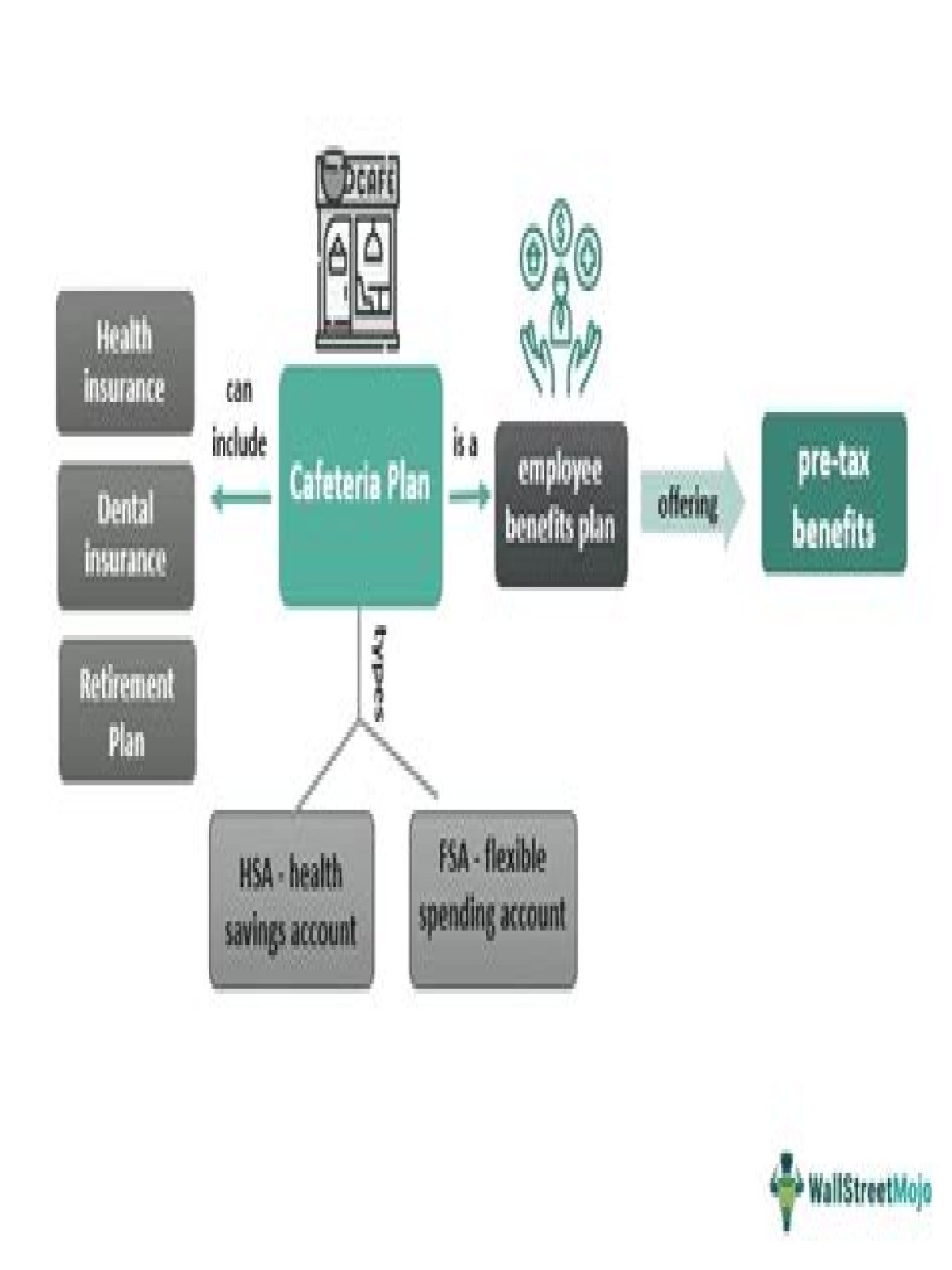What is the difference between an HSA and a cafeteria plan?
Contributions to HSAs under Section 125 plans are subject to nondiscrimination rules. A cafeteria plan must meet nondiscrimination rules. The rules are designed to ensure that the plan is not discriminatory in favor of highly compensated or key employees.
What does cafeteria style benefits mean?
A cafeteria plan is an employee benefit plan that allows staff to choose from a variety of pre-tax benefits. Employees can contribute a portion of their gross income before any taxes are calculated and deducted.
What qualifies for cafeteria plan?
Employers are generally eligible to establish a simple cafeteria plan if they employ an average of 100 or fewer employees during either of the two preceding years.
What is an example of a cafeteria plan?
Common examples of Section 125 cafeteria plans: Premium Only Plans (aka POPs, see Section 125 Premium Only Plan Rules & Regulations) Flexible Spending Accounts (aka FSAs) Contributions to Health Savings Accounts (aka HSAs)
What makes an HSA a cafeteria plan?
What Is A Cafeteria Plan? Cafeteria plans are employee reimbursement plans that are governed by Section 125 of the IRS tax code. When employers establish cafeteria plans, their employees have the option of making pre-tax contributions to their HSAs via payroll deferral.
How does a cafeteria plan work?
How does a cafeteria plan work? Employer contributions to the cafeteria plan are usually made pursuant to salary reduction agreements between the employer and the employee in which the employee agrees to contribute a portion of his or her salary on a pre-tax basis to pay for the qualified benefits.
What are some pros and cons of cafeteria benefits plans?
Pros and Cons of a Cafeteria Plan
- Pay Less Tax. Employers do not pay FICA or FUTA taxes on salary reductions amounts.
- Address Employee Needs.
- Cost Control.
- Competitive Benefit Program.
- Improve Employee-Employer Relationship.
- Respond to Work-Force Diversity.
- Better Understanding of Benefits.
Is a cafeteria plan worth it?
Cafeteria plans are particularly good for participants who have regular expenses related to medical issues and child care.
Is health insurance considered a cafeteria plan?
Cafeteria Plans are an employer-sponsored benefit that lets employees pay certain qualified medical expenses – such as health insurance premiums for medical, dental, and vision coverage – on a pre-tax basis. They are sometimes called Section 125 Cafeteria Plans.
Is health insurance a cafeteria plan?
How does the cafeteria plan work?
What is a cafe 125 HSA?
A Section 125 Cafeteria Plan is an employer-sponsored benefits plan that lets employees pay for certain qualified medical expenses – such as health insurance premiums – on a pre-tax basis. Typically, they can use the pre-tax money to pay for health insurance premiums, retirement deposits, or other benefit options.
Can a HSA be funded through a cafeteria plan?
Employers can help employees fund their HSAs by allowing for HSA contributions via payroll deferral. This is inexpensive and can be accomplished by adding a Section 125 Cafeteria plan with HSA
What’s offered in a cafeteria plan?
Accident and health benefits (but not Archer Medical Savings Accounts or long-term care insurance),
What are the components of a cafeteria plan?
There are three main components of a Cafeteria Plan that can be implemented separately or in combination. The employer decides which components to include in their Cafeteria Plan. The three most common components are: • Premium Reduction Plan: A Premium Reduction Plan is the cornerstone…
What is a HSA based plan?
An HSA-Based Health Plan is a form of health insurance that is paired with a Health Savings Account or HSA. HSA Based Health Plans protect individuals from high, unexpected medical costs, cover preventive care at 100% and offer lower monthly premiums.
